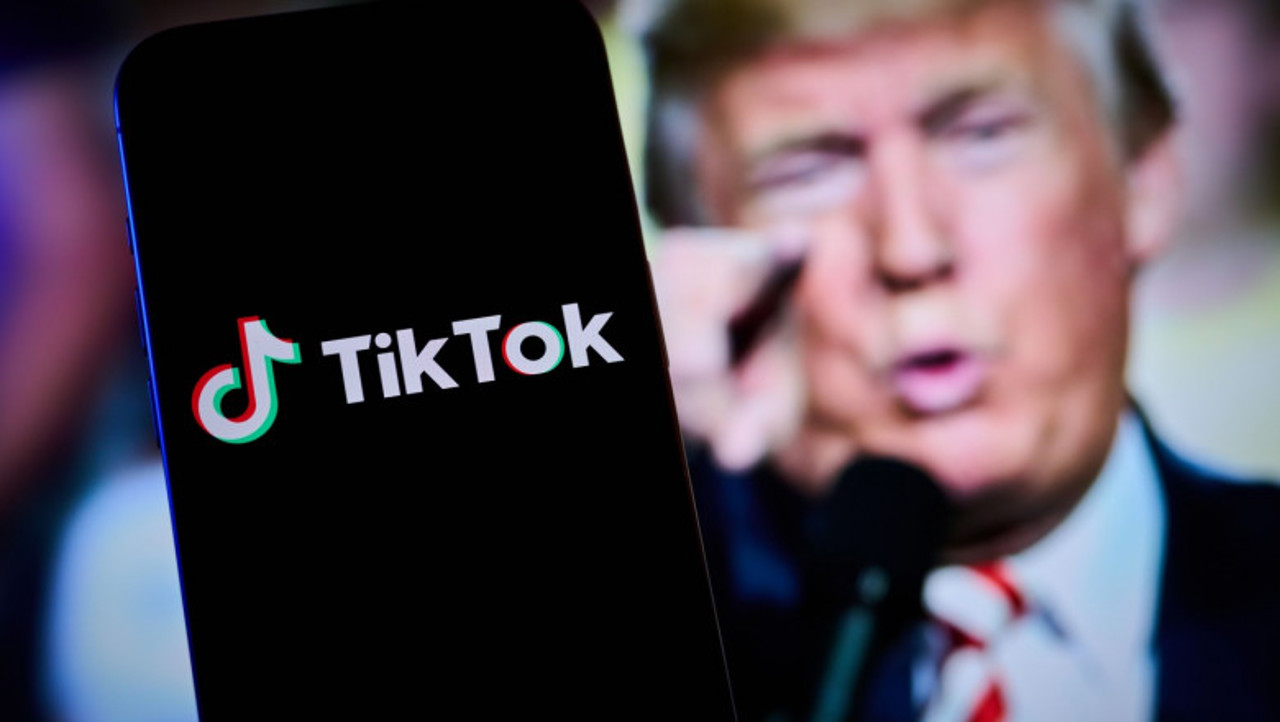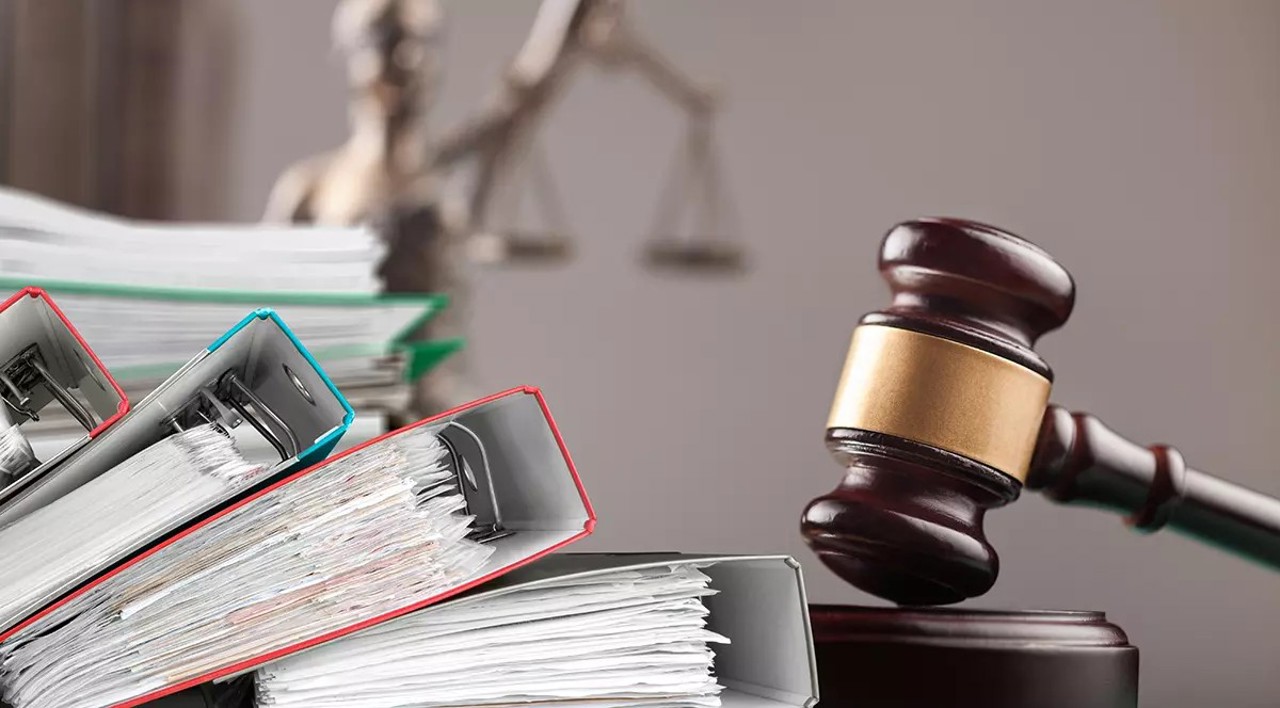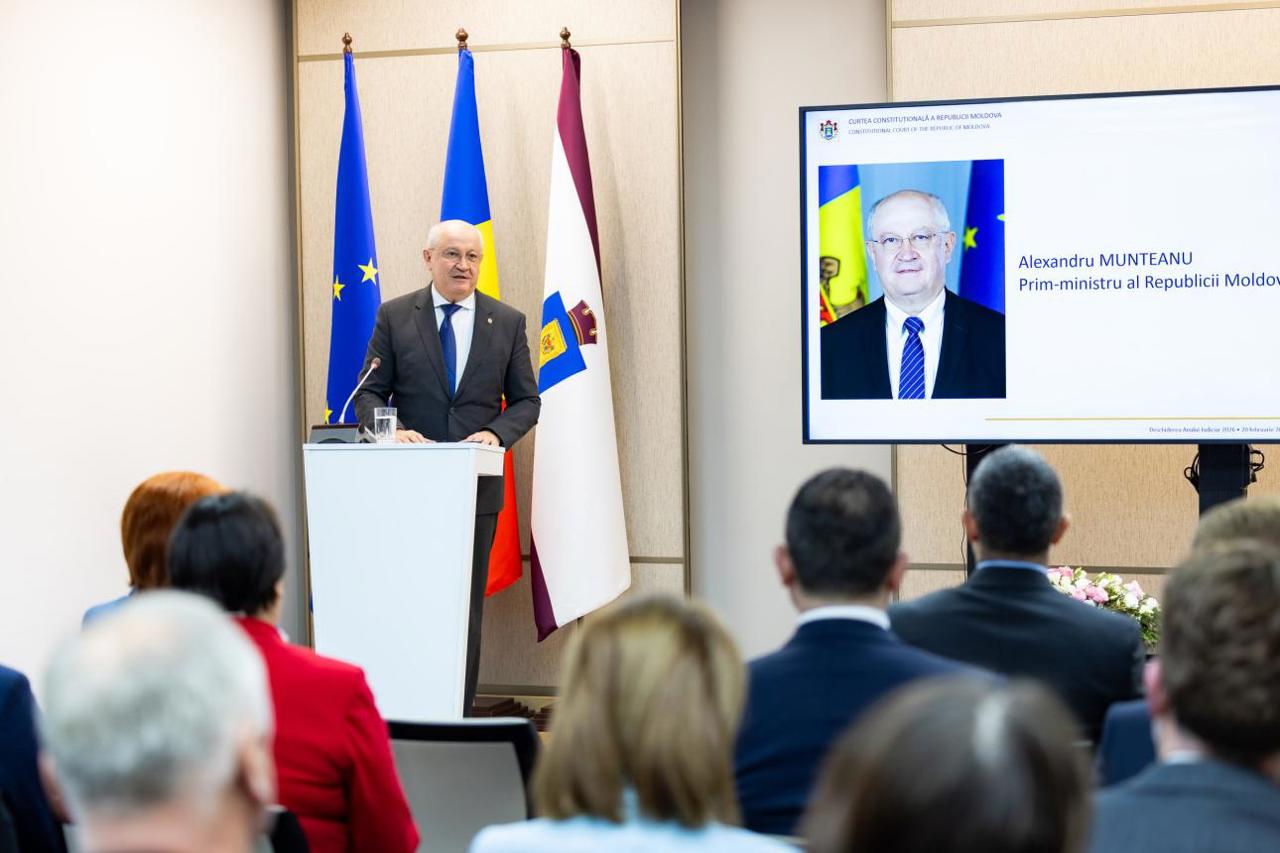Donald Trump plans executive order to suspend TikTok ban
U.S. President-elect Donald Trump announced on Sunday that he plans to issue an executive order after his inauguration on Monday to suspend the law banning TikTok in the United States.

He proposed that the social media platform be 50% owned by American shareholders, offering its Chinese parent company a potential resolution, according to AFP, cited by news.ro.
The law, passed by Congress in 2024, came into effect on Sunday, making the short-video platform inaccessible to over 170 million users in the United States.
The legislation allows the President to delay enforcement by 90 days to facilitate the identification of a buyer, offering TikTok’s parent company, ByteDance, an alternative to a complete ban. ByteDance has so far refused to sell the platform, which was launched just a decade ago and has become a must-have for the majority of young internet users.
Donald Trump further encouraged internet providers and app stores to immediately restore access to TikTok, assuring them that his executive order would retroactively protect them from any penalties.
However, the law imposes steep fines on these technical providers—up to $5,000 per user for app stores.
The President-elect also outlined the broad framework of what he sees as a solution to the sensitive issue of Chinese control over TikTok's U.S. operations.
"I would like to see a joint venture controlled 50% by Americans," Trump wrote. "Without American approval, TikTok doesn’t exist. With our validation, it’s worth hundreds of billions, if not trillions."
As of now, TikTok has been removed from app stores, and users who had already downloaded the app are unable to access it.
Since Friday, the company has urged the Biden administration to send a clear signal to internet providers and app store administrators to dissuade them from suspending downloads and updates.
White House Press Secretary Karine Jean-Pierre dismissed TikTok’s appeals as a “maneuver,” stating, "We see no reason for TikTok or other companies to act before the Trump administration takes office on Monday."
The VPN Rush
Ultimately, TikTok filed an appeal with the U.S. Supreme Court, which unanimously declined on Friday to suspend the law. The nine justices concluded that Congress’s "national security concerns" were "well-founded."
American lawmakers justified the legislation by emphasizing the need to prevent Chinese authorities from accessing U.S. user data or influencing public opinion in the country.
Despite widespread hostility toward the platform from many American politicians just a year ago, the situation has shifted. In recent days, a political consensus has emerged in favor of keeping TikTok operational.
Theoretically, delaying the law’s implementation is possible only if credible evidence suggests a sale is likely.
Businessman Frank McCourt stated he is prepared to offer $20 billion, along with other partners, for TikTok’s U.S. operations, excluding its powerful algorithm.
On Saturday, the artificial intelligence startup Perplexity AI submitted a proposal to ByteDance for a merger with TikTok’s U.S. subsidiary, valuing the platform at no less than $50 billion.
In addition to TikTok, all ByteDance applications in the United States, including the social media app Lemon8—where many desperate TikTok users had migrated—were taken offline.
On Sunday, numerous TikTok users lamented the disappearance of their favorite app, widely praised for the efficiency of its algorithm in delivering relevant content.
Among the most downloaded apps in the United States on Sunday were various VPNs, which allow users to bypass geographic restrictions imposed by websites and app stores.
Translation by Iurie Tataru





